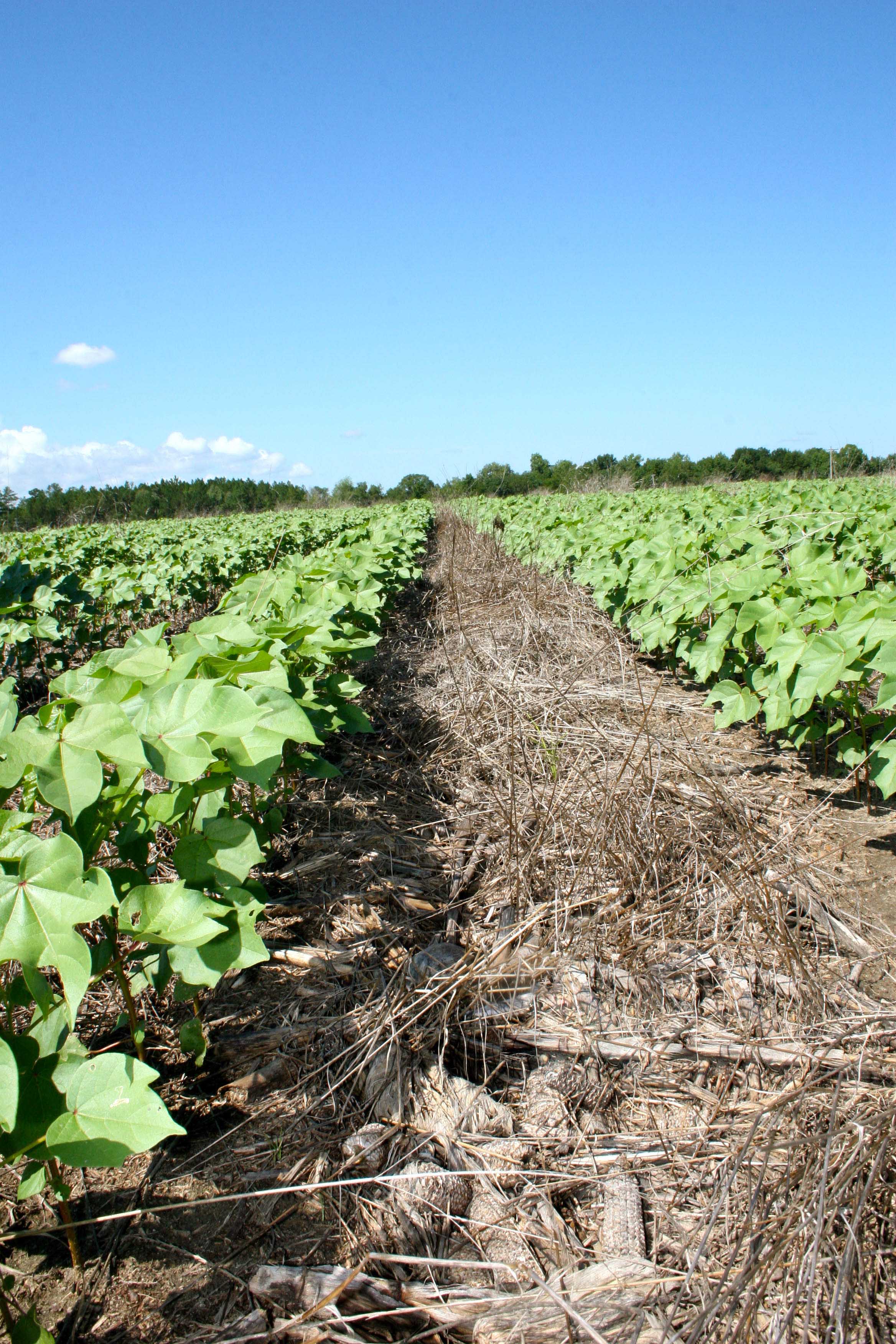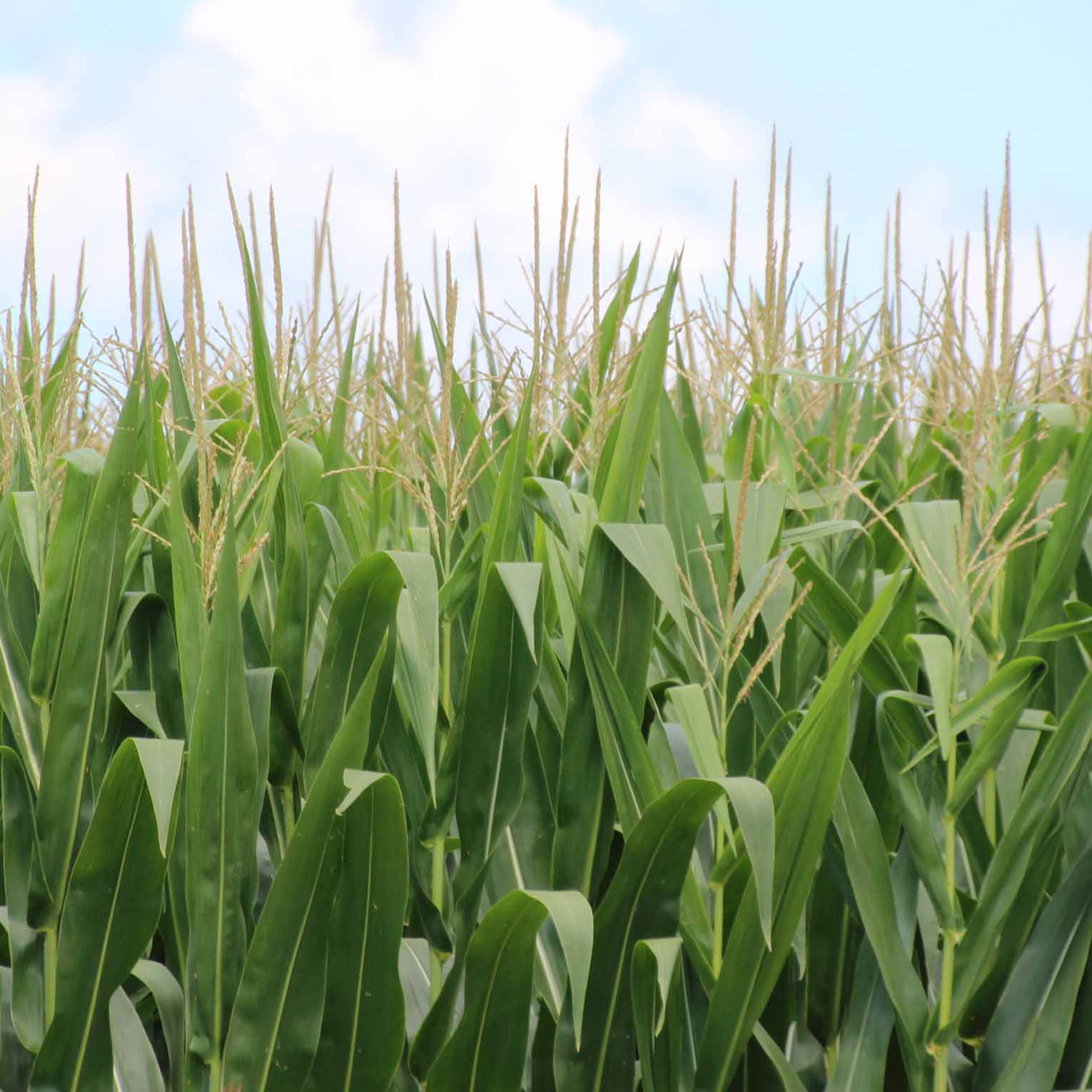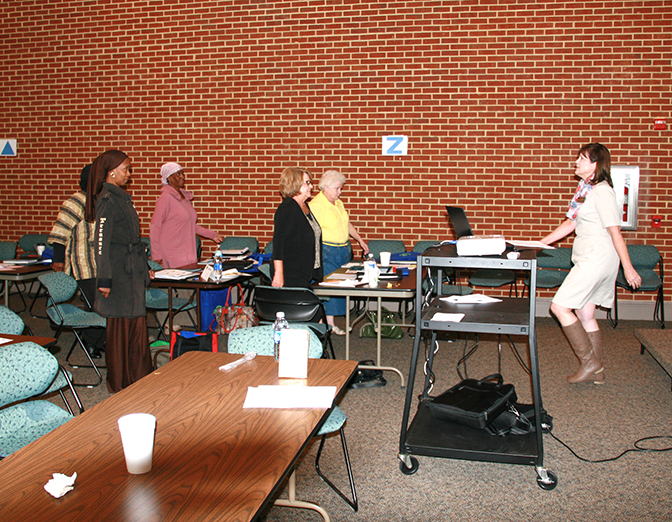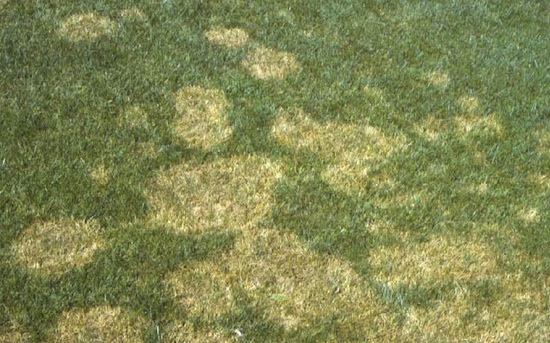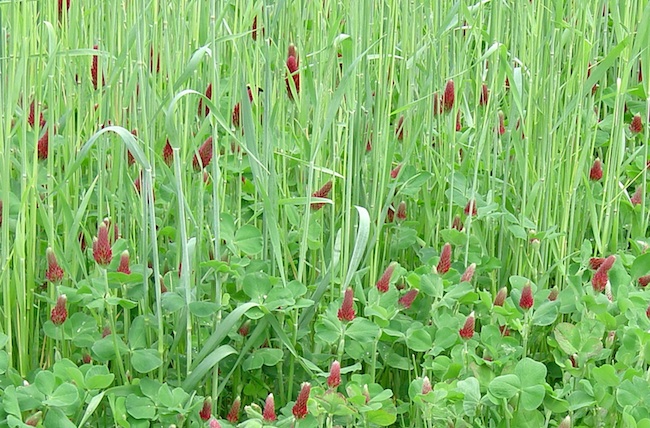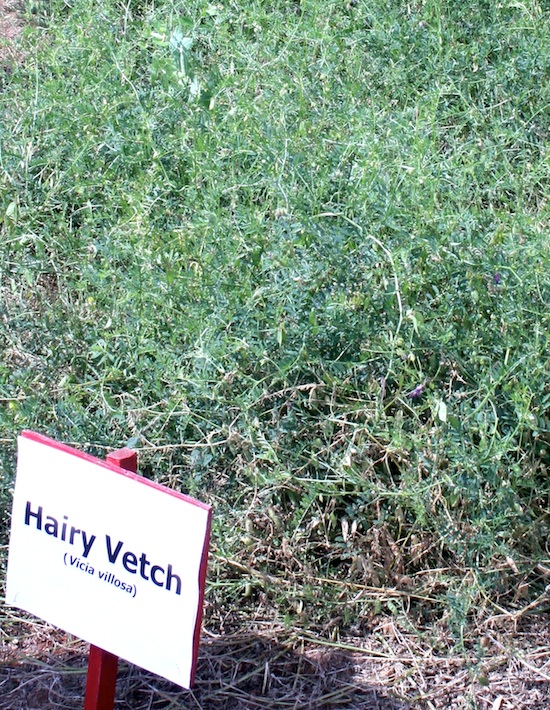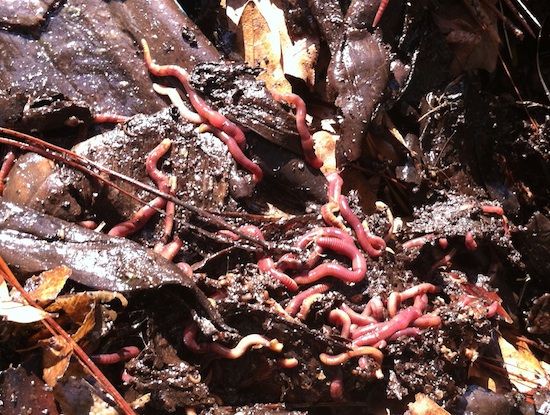.jpg) CAES News
CAES News
Changing World
As climate issues capture governmental and public attention — from the effects of methane emissions to weather extremes — it is incumbent on the world to take action. Experts in UGA's College of Agricultural and Environmental Sciences are focused on helping residents address climate challenges in ways that will benefit the environment and ensure both profitability and sustainability for industry.

